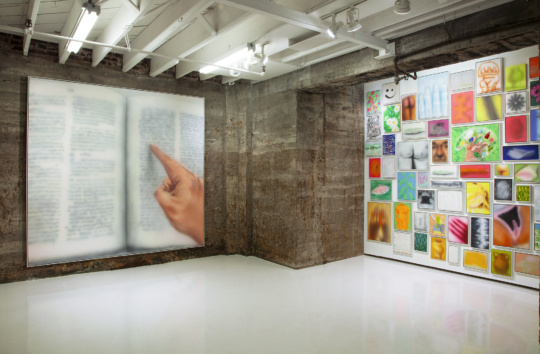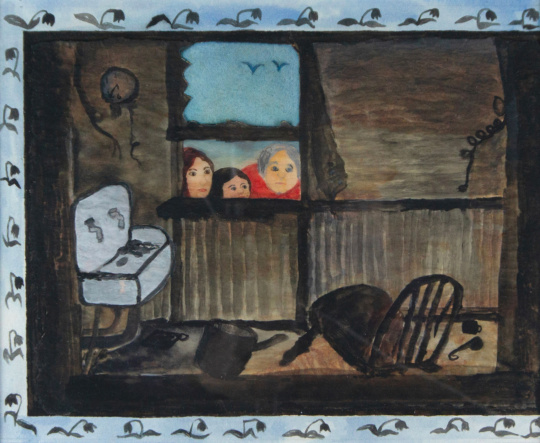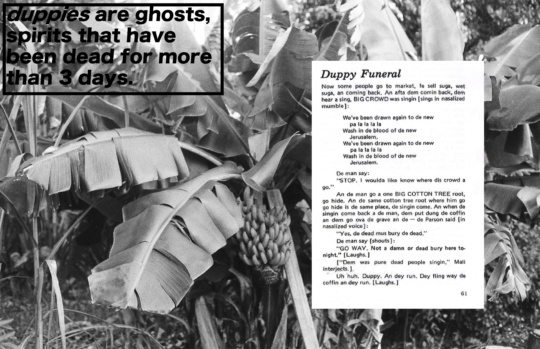[cont.]
At the top of the stairs next to their bedroom, she took a long look in the mirror. Not exactly a vain woman, she nonetheless recoiled from the reflection of her swollen red eyes and red nose and the profusion of cowlicks sticking up all over the place. It was pitiful. Her momma, even immediately after being widowed, always was an impeccably groomed lady.
Maggie was so obviously worried about her. She called five or six times a day, just to check in. Even Jack called every day. She must have been a sight for him to worry so much. A week after the funeral, Maggie started suggesting, very gently, for Odessa to get out and socialize a bit with her friends, to shed that first layer of grief. Odessa stared at her sorry excuse for a face in the mirror. Maggie was right. This simply wouldn’t do. Dennis had always told her that her eyes were her finest feature and now they were little slits surrounded by big old puffy pink lids. She really needed to get a hold of herself and stop crying every three seconds. It was just so hard without him. She had spent those months being strong for him and after the funeral, after everyone left, collapsed into this sticky web of grief. Maggie was right: it was about time to “move on.” So she brushed her hair into some semblance of submission, applied some foundation, mascara, lipstick, and picked up with life, starting with the piles of his books and medical journals still scattered around the office, exactly as he had left them. She placed every single one carefully in boxes to take to the clinic and began folding his clothes in the closet to donate to an organization which helped men find jobs. They had talked about this in the hospital, his wishes for his worldly goods not covered in the will. Just before trekking back for her final term at school, Maggie had packed up his golf clubs and golf shirts and shoes and taken them over to one of his golfing buddies to donate, not wanting to put Odessa through that. They had cremated Dennis in his favorite golf clothes, all in the distinctive green of the Masters Tournament. Now, weeks later, Odessa put all his dress shirts in one large box, collected the handful of suits and folded his meager collection of ties in a shopping bag. He had more shoes than she remembered so it took several trips to the car to empty the closet. One tie remained. It was the one she and Jack had bought for him when Jack was in the first grade. Jack had seen it in the store and insisted that she buy it. “Daddy will love this.” It was an expensive tie. She knew Dennis tolerated suits but hated ties. Nooses, he called them. But he had to have one without barbecue stains for important meetings anyway, so she spent the money. It was a beautiful silk tie with little golf clubs on it. Jack was so excited about it. He kept bouncing up and down as his dad unwrapped it. And Dennis just lit up, hugged Jack and the two of them started cackling like maniacs. That was the day Dennis taught their son how to tie a tie. Dennis was always very careful not to ruin it and he was never careful about his clothes. She folded the tie neatly, wrapped it in the handkerchief hand embroidered with forget-me-nots given to her by Dennis’ Aunt Tillie. She placed the bundle of treasures in a small carved box from Africa, a gift from Dennis the Christmas after Jack was born. Bless his heart, it was the ugliest box ever made on this green earth and she sobbed again, crushing it into her chest, thinking about him and all the loss she’d lived through.
This does have to end, she scolded herself, washing her face and starting over with the make-up. She decided to omit the mascara this time around.
She made herself pay attention to the trees and buildings along the route to the thrift store. Was that building always that white? Did they cut down another tree on that lot? When did that house get supersized? She smiled graciously at the frazzled woman in the store and took a receipt for tax purposes. Dennis had reminded her to ask for one.
After pulling out of the parking lot, she felt as if her breath had been sucked out of her and replaced with little needles, forcing her to breathe in tiny gasps. They are just things, she told herself as she blinked rapidly. Removing them did not mean she had erased him from her life. Dennis would have teased her she was being irrational. He frequently had reminded her that things are just things. When visiting children clad in capes demolished a couch by jumping on it, using it as a launching pad to outer space, Dennis defended them and Jack, quoting Thoreau’s admonishment that the objects we own in fact own us. “We are more than our possessions, sweet pea, far more. Let it go.” Odessa had been upset about the couch – she, after all, was the one responsible for replacing it and disposing of its parts. Even more than that, things had meaning for her; they carried history in them. Art was a thing – art mattered to her. She was more in sympathy with Rilke’s comment that the objects we collect describe us more accurately than any words we could use. Things tell our story. She and Dennis were so different in this. He could live happily in a pigsty. His environment was almost immaterial. She was the one who needed clean and orderly. She was the one who added art to the clinic to soften the antiseptic decor. He was always so careful to thank her for her efforts, but he appreciated the effort far more than the result.
He had asked her to give these clothes away and she followed his wishes. She just should have given herself a little bit longer before letting them go. She should have waited until they lost the lingering smell of his aftershave.
To forestall another round of crying, she decided to swing by the gallery and surround herself in the meaning of things. What did people do who did not have art? She was surprised that the gallery smelled so stale inside, as if the artwork had soured in solitude. She had to step over a pile of mail to get into the room and spent the better part of the morning just sorting it. Busy hands may not be happy hands, but she went three hours without crying. The more she focused on work, the less overwhelming her need to cry. It felt disloyal, though, finding pleasure in organizing the office, jumping back into her life exactly where she had left it when the diagnosis came in. Everything in her life had changed and the gallery should somehow reflect that. She decided to keep the gallery closed until the fall, to take the time to look at new work, to rethink.
Her closure last winter had presaged an avalanche of closures. It was like the economy had up and died, and everyone went into deep mourning. Even as the news media kept heralding a recovery, the economy sank further. Sales simply vanished. Any gallerist without deep pockets or cheap rent folded. Her husband’s stock portfolio had gone down the toilet along with everybody else’s, so she had to be frugal to continue. Fortunately, they had purchased the building which housed her gallery when they first moved to LA for a pittance by today’s standards, even with newly deflated prices. It and the house were long paid for and the spaces in the back of the building generated more than enough in rent to cover the taxes for both places. The roof was new and the plumbing and wiring were fairly decent. She would weather this just fine if it didn’t go on too long.
Serial Reading: Just like Suicide pt. 7
Related Stories
Reviews
Reviews
Mood Ring
Kevin Ford: Ids of March at Tops Gallery, Memphis
Maria Owen reviews the playful invitations found in Kevin Ford's Ids of March at Tops Gallery, Memphis.
Vera B. Williams / STORIES at the Black Mountain College Museum + Arts Center, Asheville
Topher Lineberry reviews Vera B. William / STORIES at the Black Mountain College Museum + Arts Center, Asheville.
How To Get Free
Pieced together through collage, video capture, and a spoken poem, artist Kay-Ann Henry presents the intricacies of Afro-religious practices and Jamaica's particular expression of obeah, pocomania, and kumina.




